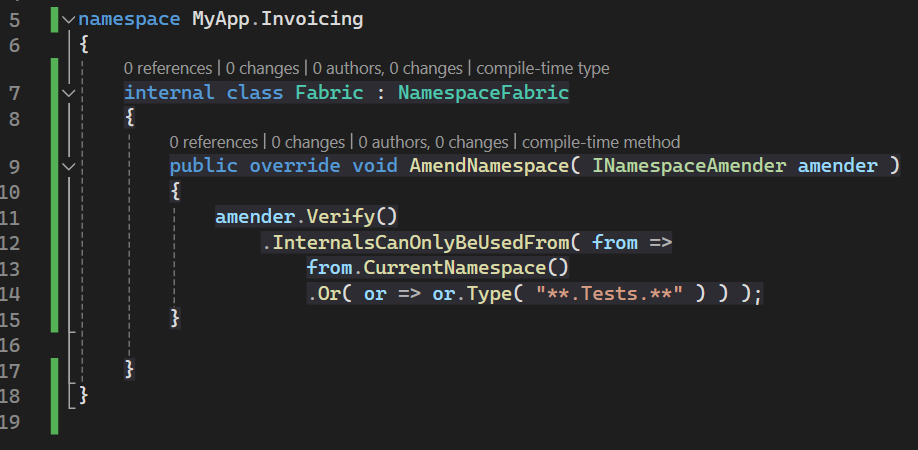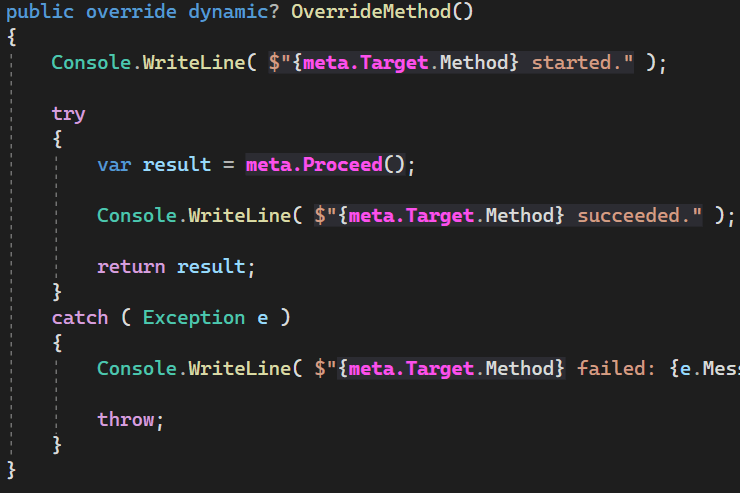You might be considering Roslyn analyzers, Roslyn code generators, or open-source IL tools.
However, Metalama is in a league of its own.
Metalama is Integrated. Metalama stands alone as the only tool that allows you to both generate code visible at design time and override hand-written code. To replicate what Metalama offers, you would need to juggle a combination of open-source tools that lack integration.
Metalama is Simpler. Meta-programming at the abstraction level of Roslyn or MSIL is intricate, demanding years of experience. When approached naively, low-level meta-programming can resemble hacking and can significantly amplify complexity, especially after the departure of the developer who implemented the meta-code.
Metalama is Engineered for Good Architecture. Metalama is designed to simplify development. It avoids offering hacks that render the code less predictable or comprehensible. Software development encompasses three cultures: hacking, science, and engineering. We identify with the last one while remaining mindful of the other two.
Metalama is a Complete, Well-thought-out Solution. Unlike alternatives that focus on the most common use cases and cut corners – for instance, by failing to properly implement async methods – Metalama goes the extra mile and incorporates enough extension points to ensure you never hit a dead end.



























